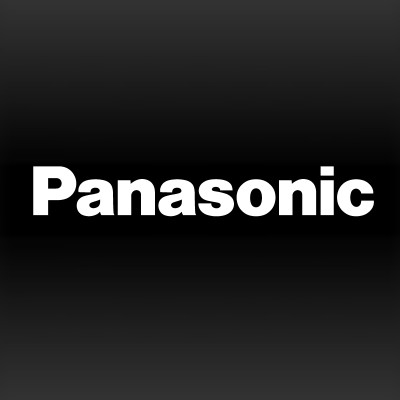
Panasonic Avionics Corporation
For 40 years, Panasonic Avionics has strengthened the connection between the world’s airlines and their passengers. We are recognized globally for our experience and leadership in product innovation and customization, system reliability, and customer care. We collaborate with over 300 airline customers to develop inflight entertainment and communications (IFEC) solutions that are designed to meet their unique fleet, brand, operations, and business requirements, based on state-of-the-art technology, connectivity, and industry know-how. Every year, more than 2.7 billion passengers enjoy an amazing entertainment experience flying onboard Panasonic-equipped aircraft.






